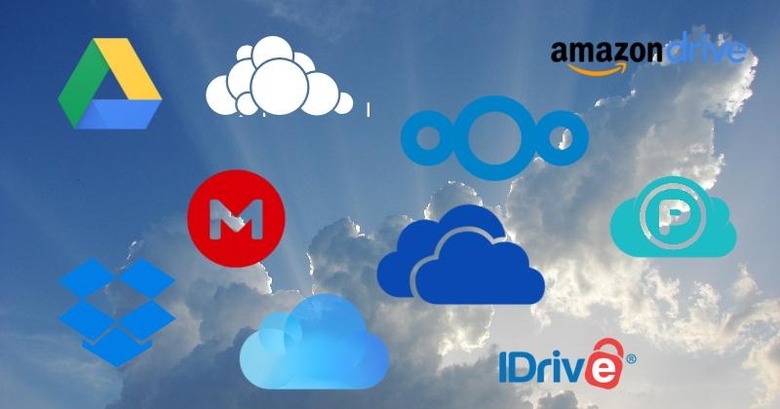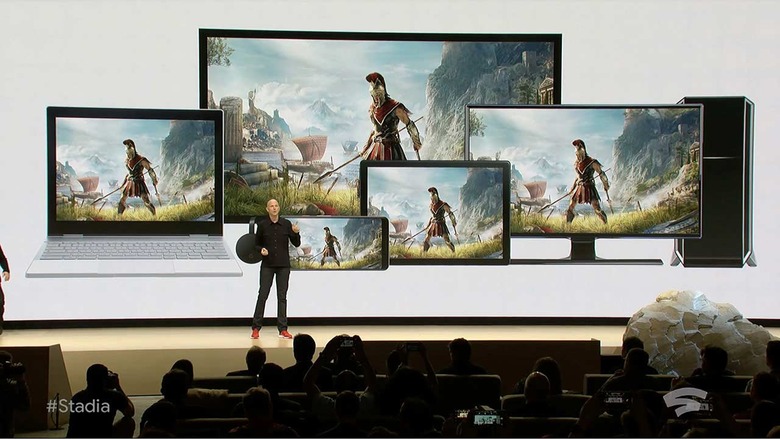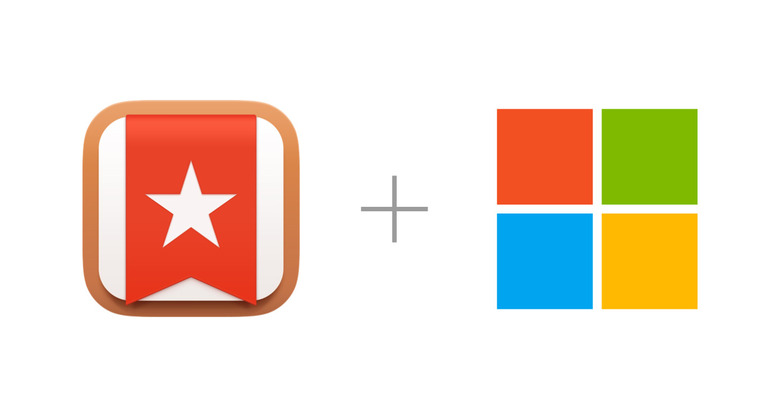The Cloud Is Empowering But It's Also A Double-Edged Sword
Google just announced its Stradia game streaming service and its perhaps one of the best examples of how far "The Cloud" has come. Online games are nothing new but few aside from text-based games are able to reduce the client side to a "dumb terminal". Cloud computing has undoubtedly changed the way we work, consume content, and interact with services. While it's hard to deny how powerful and liberating the technology can be, it also pays to take a step back to understand that it is far from being the panacea that some advocates would have us believe.
A clouded start
What is the cloud anyway? It's one of those "geeky" terms that stump many adults or less technically inclined individuals when they first encounter it. In the beginning, it was nothing more than a marketing buzzword to sell newfangled products and services to enraptured customers. Fortunately, these days the definition has mostly settled down on some common ideas.
Truth be told, "cloud computing" really just repackages systems, technologies, and services that have existed for decades into a more marketable form. We've had servers, databases, remote storage, and the like since the earliest days of the Internet. The Cloud just makes it easier to imagine and, consequently, to sell.

The Cloud mostly involves having services, like data storage or even processing power, hosted elsewhere away from the user or customer. Sometimes, such resources are even spread out across multiple locations. In almost all cases, these services are delivered via the Internet, sometimes through an Intranet, which is both its biggest strength as well as its weakness.
On cloud 9
The technologies on which the Cloud if based on have existed for years and were even offered as products in their own right. What made the Cloud different and what made it succeed was how it took these separate pieces and bundled them together in products that customers, be it enterprise or consumers, could grasp and latch on to. It dangled the two carrots of convenience and cost-effectiveness to sell the idea and, of course, those services.
Storing copies of your files on remote computers, accessing software running elsewhere, or even just communicating via video have all been possible even before the days of the Cloud. They have, however, been almost impossible for anyone without a deep background in computers, especially Linux, to setup, much less ordinary people who just want to be able to safely store their files and access them from anywhere. Plus, the price of renting a remote server just for a single use case isn't cheap.

The Cloud did away with most of those. It offered services in piecemeal or subscription pricing, charging only for what you need or want. It simplified how users interacted with the services, using simple drag and drop operations on computers or a few taps on a phone to get things done. And while someone still has to do the dirty work of actually developing and maintaining the software that runs on the Cloud, that all happens behind the scenes.
For regular consumers, that means not having to worry about technical details they don't need to know. For businesses, it means offloading the chores to companies that specialize and are paid to do that kind of work.
The Cloud has also liberated people from their desks, in both good and bad ways. They can access any file and do almost any work away from their desktops or laptops. It has also freed users from worrying about maintaining software on their own as updates and improvements are delivered behind the scenes.
Once game streaming truly takes off, gamers will no longer have to worry about not having the latest and greatest gaming machine to play on. The cloud is everywhere and you can access it from anywhere with anything as long as you have Internet access.
Cloudy with a chance of 404
That last bit is critical. The Cloud lives and dies by an Internet connection. While it offers the convenience of ubiquitous access on any device, that doesn't happen magically. You'll need an Internet connection to do so and, in some cases, a good connection at that. Yes, you can sometimes operate on files that were cached on your phone or laptop but, eventually, you'll have to sync up via the Internet.

Unfortunately, Internet access still isn't as ubiquitous or as decent everywhere as we'd hope it was by now. It is improving and the arrival of 5G is proof of that. The distribution of those improvements, however, is still unequal. And that's not yet considering Cloud services that need close to no latency, like game streaming. We're still quite far from the Cloud being something we can rely on day in and day out, no matter what.
Who's cloud is it?
There are other hidden costs to the cloud that go beyond technical considerations and the biggest one is the question of ownership. That directly comes up in relation to cloud data storage. Of course, you own your files and most services will insist on that. That might not always be the case and things can get a bit murky when it comes to services that let you post photos, stories, and more. Some are known to have sneaked in provisions that give them permission to "advertise" your content.
It might get even more convoluted when you consider the software itself. Truth be told, the software that you've been buying even way back during the day of floppy disks isn't really yours. What you've bought is simply a copy of the software and the legal permission to use it within certain limits, a.k.a. a license.
Just like with buying a book, you don't magically become the author once you buy it, but you do own a copy of it to use as you please. Legally, of course. With software that's stored and running on remote servers, there's even lesser sense of ownership, much less control. You may not have to worry about having to update them yourself but you will have to worry about no longer being able to access them in the future.

With this kind of distribution model, users are completely at the mercy of developers, publishers, and owners. They can withhold access from some users for some violation with no recourse for an appeal. They can decide to discontinue a product and take it down permanently. They may decide to withdraw from your market while still doing business in another. And in all those cases, users won't have a copy of the software they've become so dependent on.
Wrap-up
The Cloud has completely changed the way most of us work and live. Collaboration happens via Dropbox or Google Drive. Software updates regularly happen in the background; Games will soon be playable from just web browsers.
It has definitely given people a lot of power but, ironically, it is also taking away most of their control. Just like empires, cloud services rise and fall. Internet connections can disappear in the most random ways. So when you put all your eggs in the cloud, be prepared for them to fall and break once in a while.
